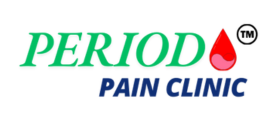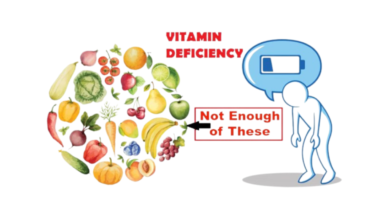Ulcerative Colitis: An inflammatory bowel disease that affects the large intestine and rectum.
Navigating Ulcerative Colitis: Finding Relief and Maintaining Well-being

What is Ulcerative Colitis ?
Ulcerative colitis is a chronic inflammatory bowel disease (IBD) that affects the large intestine (colon). It causes inflammation and ulcers in the lining of the colon.
what are the symptoms of Ulcerative Colitis ?
Symptoms of ulcerative colitis can vary widely, but they often include:
- Persistent diarrhea
- Blood in your stool
- Abdominal pain or cramping
- Urgency to have a bowel movement
- Fatigue
- Weight loss
who can suffer from Ulcerative Colitis ?
Ulcerative colitis can affect people of all ages, but it is most common in young adults. The exact cause of ulcerative colitis is unknown, but it is believed to be a combination of genetic and environmental factors.
What are the types of Ulcerative Colitis ?
Ulcerative colitis can be classified based on the extent of the inflammation:
- Distal colitis: Inflammation is limited to the rectum and sigmoid colon.
- Left-sided colitis: Inflammation extends from the sigmoid colon to the descending colon.
- Pancolitis: Inflammation affects the entire colon.
Which diagnostic tests are available for Ulcerative Colitis?
To diagnose ulcerative colitis, your doctor may perform:
- Blood tests to check for inflammation
- Stool sample to check for infection
- Colonoscopy to examine the colon
- Sigmoidoscopy to examine the lower part of the colon
What is the treatment of this Ulcerative Colitis?
There is no cure for ulcerative colitis, but the symptoms can be managed with a combination of medications, lifestyle changes, and sometimes surgery. Treatment options may include:
- Medications: Anti-inflammatory drugs, corticosteroids, immunosuppressants, and biologics can help reduce inflammation and control symptoms.
- Surgery: In severe cases, surgery may be necessary to remove the affected part of the colon.
- Dietary changes: While there is no specific diet for ulcerative colitis, a healthy diet can help manage symptoms. Some people may find that avoiding certain foods, such as dairy, gluten, or spicy foods, can help reduce inflammation.
Which diet I should take, if any ?
Causes
- Weakened pelvic floor muscles: This can be caused by factors like childbirth, menopause, chronic constipation, or heavy lifting.
- Age: As women age, their tissues naturally become less elastic.
- Hormonal changes: Menopause leads to a decrease in estrogen, which can contribute to tissue weakening.
- Chronic conditions: Conditions like chronic cough or bronchitis can put strain on the





